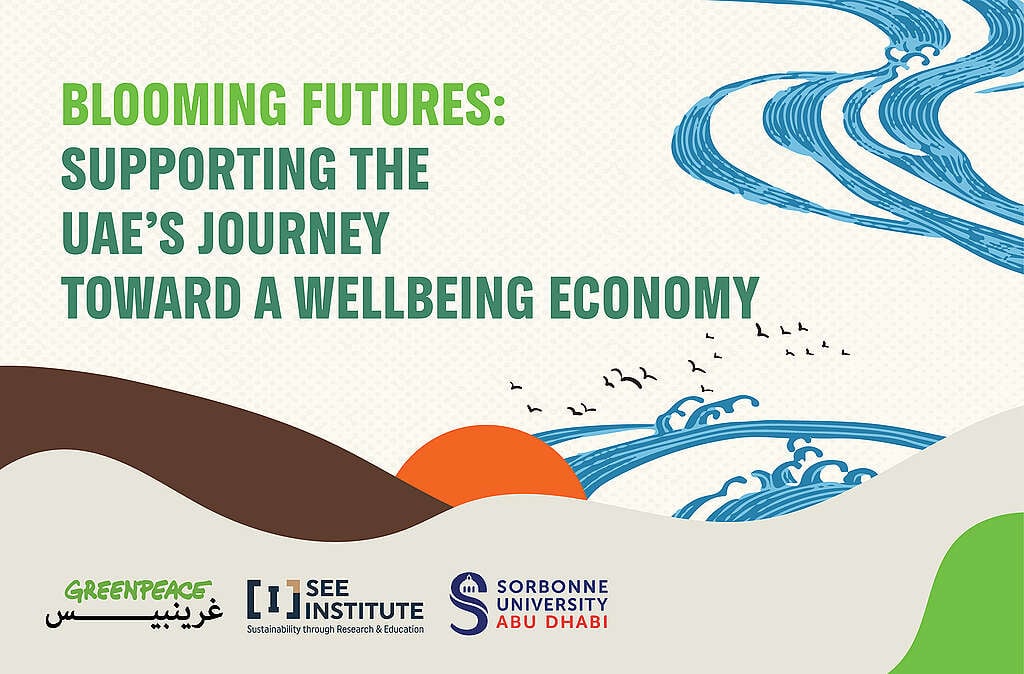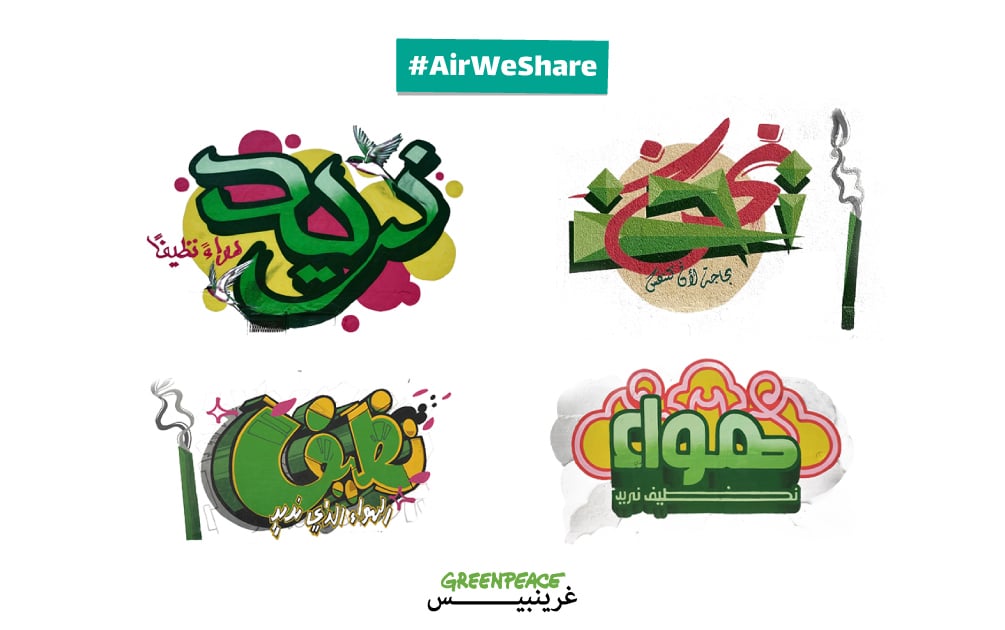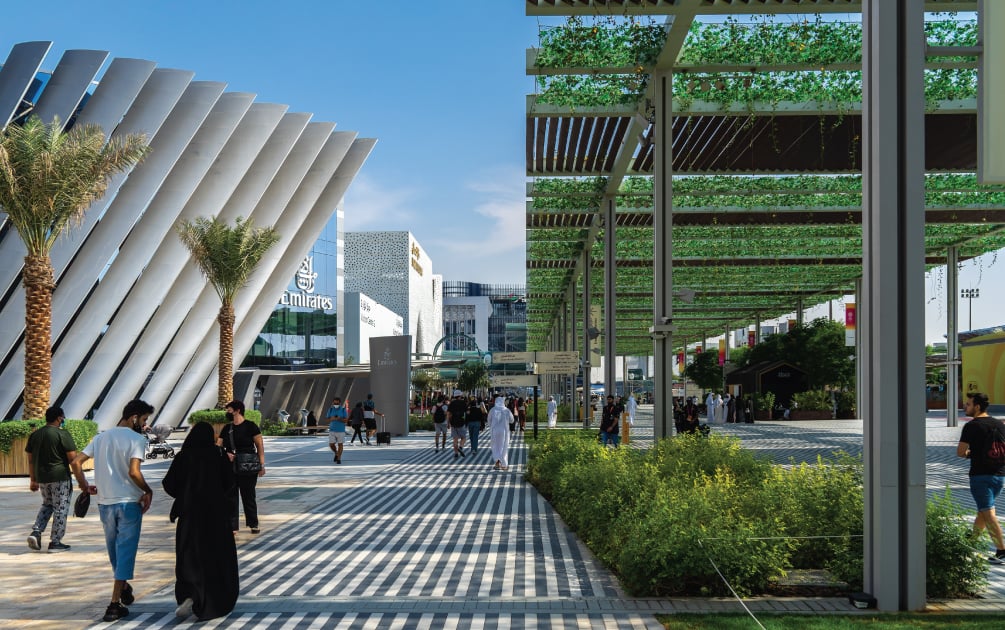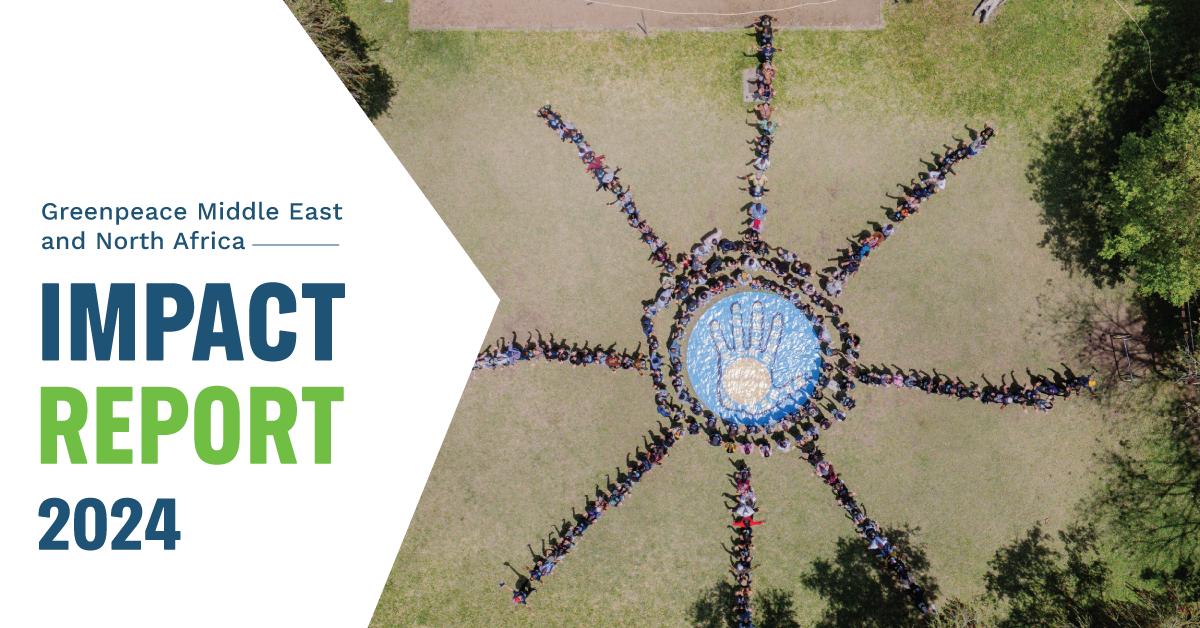
| The UAE stands at a pivotal moment. The pursuit of ambitious national visions calls for a future defined not just by mitigation, but by regeneration. The prosperity of the next era hinges on the ability to learn from the ultimate master innovator: nature itself. This report charts a course for the UAE to move beyond merely reducing its environmental footprint to actively regenerating its ecological and social health, creating a resilient and inclusive economy. |
The UAE stands at a pivotal moment. With its ambitious national visions and declining economic reliance on oil, the nation is poised to lead a transformative shift beyond decarbonization toward a regenerative wellbeing economy. This report offers a strategic framework to guide that transition, arguing that the UAE’s future prosperity hinges on its ability to learn from a master innovator: nature itself.
We propose a dual framework to operationalize this shift:
- Biomimicry: Leveraging 3.8 billion years of nature’s R&D to design resilient, circular systems that thrive in scarcity, much like the UAE’s own desert ecosystems.
- The commons: Reviving Emirati and Islamic traditions of shared stewardship (amana) and collaborative governance (shura) to manage resources equitably and build social cohesion.
Our analysis reveals that while pioneering projects in the UAE, such as the Al Bahar Towers, demonstrate that this model works, they remain isolated examples. The main barrier is not a lack of vision or resources, but a series of systemic gaps: regulations that favor efficiency over empathy, financial models that prioritize short-term returns over long-term wellbeing, and urban planning that still defaults to environmentally inefficient, socially isolating sprawl.
This report provides an actionable roadmap to bridge these gaps. Key recommendations include:
- Mainstreaming biomimicry and commons principles into national policy and urban codes.
- Pioneering innovative financial instruments such as “Wellbeing sukuk” and green waqf endowments.
- Building capacity through knowledge commons and education reforms that blend traditional wisdom with modern science.
- Measuring what matters by co-creating a National Wellbeing Index that tracks ecological health and social cohesion alongside economic metrics.
The opportunity is profound. By embedding these principles into its economic DNA, the UAE can move beyond mitigating its environmental footprint to actively regenerating it, creating a prosperous, resilient, and inclusive model that is both authentically Emirati and globally relevant. This is the call to action: to build an economy that does not merely exist in the environment but functions like one.
For more information and to access the full report:



